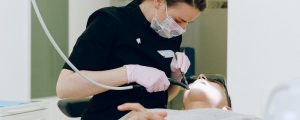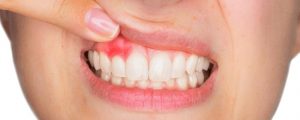4 Ways To Improve Children’s Dental Health
Being a parent isn’t an easy task. And when it comes to oral care, children are prone to put something or the other in their mouth, making you stay up all night or run to and fro to the dentist. That’s why it’s vital to be wary of your child’s oral hygiene. You may never know what could harm your child and in what way. So, here are a few ways you can improve your child’s dental health and make sure they stay safe.
Watch What They Eat
If you have an infant, you should be careful how you put your child to bed. If you put your child to bed with a bottle of some liquid to help the child sleep, make sure you give him only water and not juice or milk. The sugars in these drinks will affect the teeth and cause a condition called “baby bottle decay.” If you have kids, you know how much they love sugar. Candy, flavored juices, gummy or sticky candy, all will affect your child’s teeth if not washed away. Encourage your child to rinse her mouth after every meal. But it’s not always just the confectionery. Sometimes, doctors may prescribe sugary medicines and syrups. If your child takes such medication, ensure she washes away the sugar from the mouth.
keep The Mouth Clean
Bacteria affect your child’s mouth and gums, even if the teeth haven’t come. That’s why you should make sure to clean her mouth with a clean, damp cloth every day to keep bacteria away. If your child is old enough to eat solid foods, stress on her, the importance of brushing. In addition to rinsing her mouth after every meal, instill the habit of brushing and flossing teeth twice a day. Brushing is the most efficient way to keep plaque and decay-causing bacteria away. Your child should start flossing as soon as she has enough teeth that touch each other.
Get Rid Of The Pacifier
It’s natural for babies and toddlers to use a pacifier. It helps in the growth of sharp teeth, and sometimes, dentists even encourage it. However, in the long run, pacifiers do more harm than good. If your child uses a pacifier even after the age of three, talk to your dentist as it may affect teeth alignment and change the shape of your child’s mouth.
Periodic Dental Checks
The American Academy of Pediatric Dentistry recommends that you start oral care for your child early on with the first dental check-up by the first birthday. This first visit is vital so that the pediatric dentist can assess your child’s dental health early on and recommend treatments if necessary. And if your child needs special dental care, like treatment for an overbite or jaw alignment, the dentist will refer you to an orthodontist or dental surgeon.




